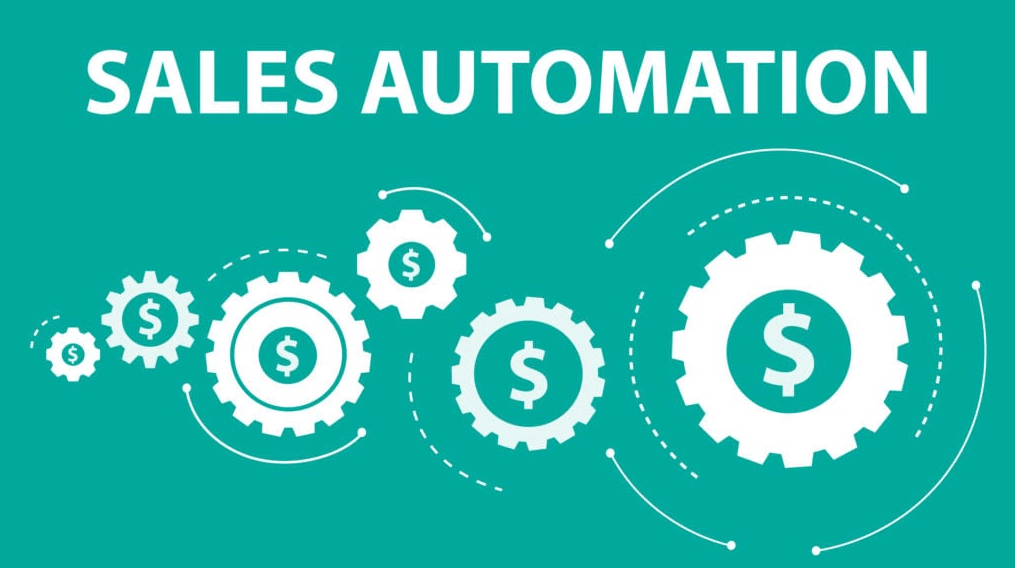In today’s fast-paced business landscape, staying competitive requires more than just traditional sales methods. Sales Automation Tools have emerged as a game-changer, empowering businesses to automate and optimize their sales processes for improved efficiency, customer relationships, and revenue growth. In this article, we delve deep into the world of Sales Automation Tools, offering valuable insights and answering common questions to help you harness their full potential.
Introduction

Sales Automation Tools are a suite of software and technologies designed to automate, streamline, and enhance various aspects of the sales process. From lead generation and nurturing to closing deals and post-sales support, these tools offer a comprehensive solution to modern sales challenges.
The Advantages of Sales Automation Tools
Sales Automation Tools offer a multitude of advantages, making them indispensable for businesses of all sizes. Here’s a closer look at some key benefits:
Boosted Efficiency
Sales Automation Tools eliminate manual and time-consuming tasks, allowing your sales team to focus on high-value activities. By automating data entry, lead scoring, and follow-up communications, your team can work smarter, not harder.
Enhanced Customer Relationships
With a 360-degree view of customer interactions and preferences, Sales Automation Tools enable personalized communication and tailored offerings. This fosters stronger customer relationships, leading to higher retention rates and increased customer lifetime value.
Improved Sales Forecasting
Accurate sales forecasting is crucial for effective resource allocation and business planning. Sales Automation Tools leverage data analytics to provide insights into sales trends, helping you make informed decisions.
Scalability
As your business grows, so do your sales requirements. Sales Automation Tools are highly scalable, accommodating your evolving needs without a significant increase in administrative overhead.
Reduced Errors
Manual data entry is prone to errors, which can be costly in terms of both time and money. Automation minimizes such errors, ensuring data accuracy throughout the sales process.
Sales Automation Tools in Action
To truly understand the impact of Sales Automation Tools, let’s explore some real-world scenarios:
Lead Generation
Sales Automation Tools can identify and prioritize leads based on predefined criteria. This ensures that your sales team focuses on leads with the highest conversion potential, saving time and resources.
Email Marketing
Automated email marketing campaigns allow you to send personalized messages at the right time. Whether it’s nurturing leads or sending follow-up emails, these tools ensure your emails reach the right audience.
CRM Integration
Sales Automation Tools seamlessly integrate with Customer Relationship Management (CRM) systems, providing a unified view of customer interactions. This empowers your team to provide exceptional service and support.
Sales Analytics
With robust reporting and analytics features, Sales Automation Tools offer valuable insights into your sales performance. Identify bottlenecks, track key metrics, and refine your strategies for continuous improvement.
FAQs
What are the essential features of Sales Automation Tools?
Sales Automation Tools typically include lead management, email automation, CRM integration, analytics, and workflow automation features.
Can small businesses benefit from Sales Automation Tools?
Absolutely! Sales Automation Tools are scalable and can be tailored to the needs and budget of small businesses. They can help small businesses compete effectively in the market.
How do Sales Automation Tools impact the sales team’s productivity?
Sales Automation Tools significantly enhance productivity by automating routine tasks, providing valuable insights, and facilitating better time management.
Are Sales Automation Tools suitable for B2B and B2C businesses?
Yes, Sales Automation Tools are versatile and can be adapted to both B2B and B2C sales environments. They offer solutions for various industries and business models.
Are Sales Automation Tools easy to implement?
Most Sales Automation Tools are designed with user-friendliness in mind. Implementation may require some initial setup, but providers often offer training and support.
Can Sales Automation Tools replace the human touch in sales?
While Sales Automation Tools automate many aspects of sales, the human touch remains crucial, especially in building relationships and handling complex negotiations.
Conclusion
Sales Automation Tools are not just a trend; they are a necessity in today’s competitive business landscape. By automating repetitive tasks, enhancing customer relationships, and providing valuable insights, these tools empower businesses to thrive and grow. Embrace the power of Sales Automation Tools and stay ahead in the sales game.
Read More :